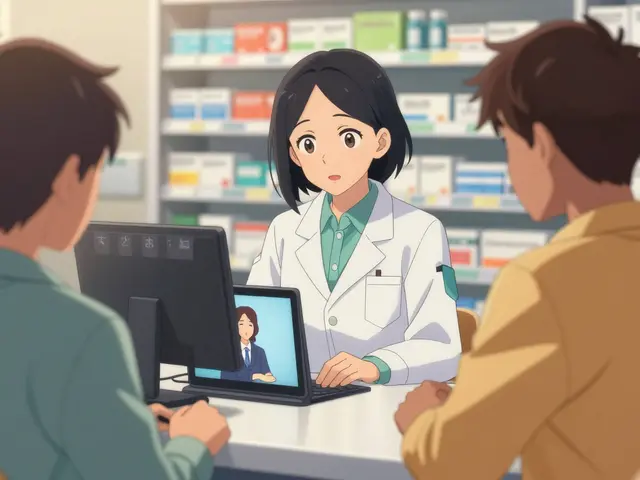Acupuncture: What It Helps With, What to Expect, and How to Stay Safe
Acupuncture sounds old-school, but it can give real relief for things like chronic pain, migraines, and nausea. It uses very thin needles placed in specific points to trigger your nervous system and release natural painkillers and calming chemicals. That’s the simple idea—no mystical language, just a body response that many people find helpful.
Where acupuncture works best
Research and clinical practice show the clearest benefits for chronic low back pain, tension-type headaches and some migraine patterns, knee osteoarthritis, and nausea after surgery or chemotherapy. People also try it for stress, insomnia, and fertility support. If you’re thinking about acupuncture for a specific issue, ask your doctor if evidence supports it for your condition.
Safety, risks, and who should be careful
Used by a trained practitioner, acupuncture is low-risk. Common side effects are minor: brief soreness, small bruises, or mild lightheadedness. Serious problems are rare but can happen—skin infection from unclean needles or, very rarely, a punctured lung if needles are placed too deep on the chest. Avoid acupuncture if you have a bleeding disorder or take strong blood thinners unless your clinician approves it. Pregnant people should skip certain points and work only with someone experienced in prenatal care.
Always confirm the clinic uses single-use disposable needles and follows clear hygiene rules. A licensed practitioner should review your medical history and explain risks before starting.
How many sessions you’ll need depends on the problem. Acute issues may improve in one to three visits. Chronic conditions often need a course—think four to eight sessions, sometimes more. Expect gradual change rather than an instant cure. Track symptoms so you and the practitioner can judge progress.
Picking the right acupuncturist matters. Look for formal training and certification, ask how long they’ve treated your concern, and read short reviews or get a referral. Ask these simple questions before your first appointment: Are needles single-use? What training and licenses do you hold? How many sessions do you recommend and why? How will progress be measured?
Before your session, eat a light meal, wear loose clothes, and bring a list of medicines and health conditions. After a session, rest if you feel relaxed or tired, avoid heavy exercise for a few hours, and drink water. If you notice unexpected swelling, severe pain, fever, or fainting, contact a healthcare provider right away.
Want to try acupuncture? Use this tag to find related reads and practical tips across 24x7Pharma. Talk with your primary care clinician if you have major health issues—acupuncture can complement medical care, not replace it.
I recently came across a fascinating topic on the benefits of acupuncture for erectile dysfunction. There's some debate whether it's a fact or just fiction. Studies have shown that acupuncture can help improve blood flow and stimulate the body's natural healing process, which may lead to better sexual performance. However, more research is needed to confirm its effectiveness. If you're experiencing erectile dysfunction, it might be worth exploring acupuncture as a potential treatment option, but remember to consult with a medical professional first.
Read more






